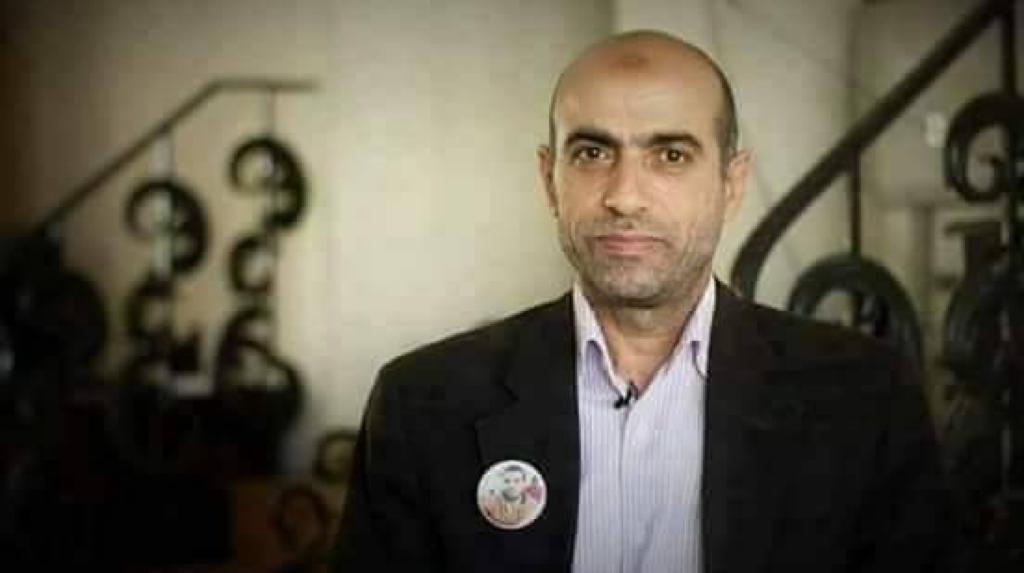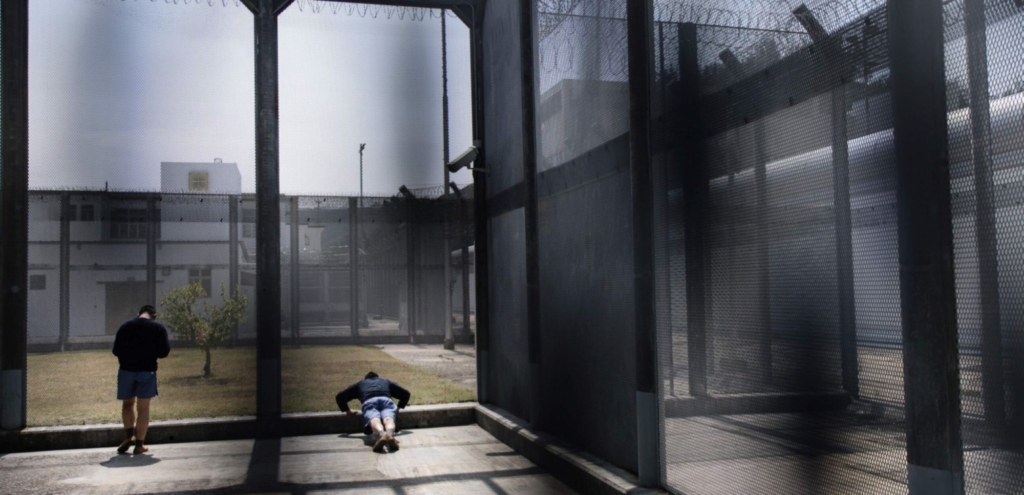Since his arrest on September 10, 2017, Egyptian authorities have arbitrarily detained Ibrahim Metwaly, human rights lawyer and co-founder of the Families of the Disappeared in Egypt group, who was detained on his way to Geneva to address the UN.
Ibrahim Metwaly is held at the Badr Prison Complex in conditions that violate the absolute prohibition of torture and other ill-treatment. He must be immediately and unconditionally released as he is being held solely due to the peaceful exercise of his human rights, including seeking truth and justice for his forcibly disappeared son.
Here is what you can do:
Write to the Public Prosecutor urging him to:
- Immediately and unconditionally release Ibrahim Metwaly as he is detained solely for peacefully exercising his human rights.
- Pending his release, ensure the protection of Ibrahim Metwaly from torture and other ill-treatment, and that he is granted access to his family and lawyers.
Write to:
Public Prosecutor Hamada al-Sawi
Office of the Public Prosecutor
Madinat al-Rehab
Cairo, Arab Republic of Egypt
Fax: +202 2577 4716
Twitter: @EgyptianPPO
And copy:
His Excellency Ahmed Abdallah Ibrahim HAFEZ
Ambassador
Embassy of the Arab Republic of Egypt
454 Laurier Avenue East
Ottawa, ON K1N 6R3
Email: embassy.Ottawa1@mfa.gov.eg
Tel: (613) 234-4931, 4935 Fax: (613) 234-9347/234-4398
Background
Ibrahim Metwaly is a lawyer and co-founder of the Families of the Disappeared in Egypt group. He co-founded the group after his son, Amr, was forcibly disappeared on July 8, 2013. He searched for his son in police stations, prisons, hospitals, and morgues with no success. Egyptian security forces denied knowledge of his son’s whereabouts. Amr is still forcibly disappeared, but the family stopped searching for him after the arrest of Ibrahim Metwally out of fear of further reprisals.
On September 12, 2017, the Supreme State Security Prosecution (SSSP) ordered the detention of human rights lawyer Ibrahim Metwaly for 15 days pending investigations into charges of founding and leading an illegal group, the “Families of the Disappeared in Egypt Group,” “conspiring with foreign parties to harm Egyptian national security,” and “publishing false news”.
Unfair trials
While Egyptian law imposes a maximum two-year pretrial detention period, this is routinely bypassed in cases involving state critics and political opponents through a practice known as “rotation”. investigation. SSSP prosecutors opened investigations into new cases against Ibrahim Metwaly, case number 1470 of2019 and case number 786 of 2020.
There are concerns that SSSP prosecutors will once again open investigations into a new case against Ibrahim Metwaly in September 2023, when the two-year maximum detention period expires in his third case. This involves SSSP prosecutors opening new (bogus) cases, based on similar charges, against individuals whose release is forthcoming in an attempt to prolong their continued detention pending investigation.
Despite the reactivation of the Presidential Pardons Committee in April 2022 and the launch of the National Dialogue in May 2023, the Egyptian authorities continue to arbitrarily detain critics solely for exercising their human rights, following grossly unfair trials.
Inhumane prison conditions
Ibrahim Metwaly is currently held in Badr 3 Prison, located 70 kilometers to the northeast of Cairo, where, according to Amnesty’s research, prisoners complain of horrific and punitive conditions. His family is allowed to visit him every 45 days or two months.
The visitors sit in a booth with glass partition which makes communication difficult due to the low volume of the phone. The family is also allowed to deliver food, clothing, and medical items every 30 days. Some of the items, that are usually allowed, are sometimes banned so that the family is unable to stipulate what exactly can and cannot be allowed to be delivered during visits.
Amnesty International has previously documented the cruel and inhuman conditions in this prison. Former detainees and family members have spoken of heavily restricted access to necessities such as sufficient food, clothing and books. Authorities often denied regular contact with their families or lawyers and detention renewal hearings are routinely held online which prevents the detainee from talking with the judge.
Leaked letters, from February 2022, by prisoners indicated deliberate denial of healthcare, exposure to extreme cold, and camera surveillance and bombardment with bright lights 24 hours a day. The letters mention that some detainees have attempted suicide and others went on hunger strike.
Enforced disappearances
Amnesty International has documented many cases of enforced disappearances which have plagued Egypt for the past decade. The National Security Agency (NSA) and other security forces routinely hold those accused of involvement in terrorism or protests incommunicado and deny any information about their fate and whereabouts to their relatives and lawyers, for periods ranging from a few days to 23 months. Egypt remains a non-signatory of the International Convention for the Protection of All Persons from Enforced Disappearance.




























